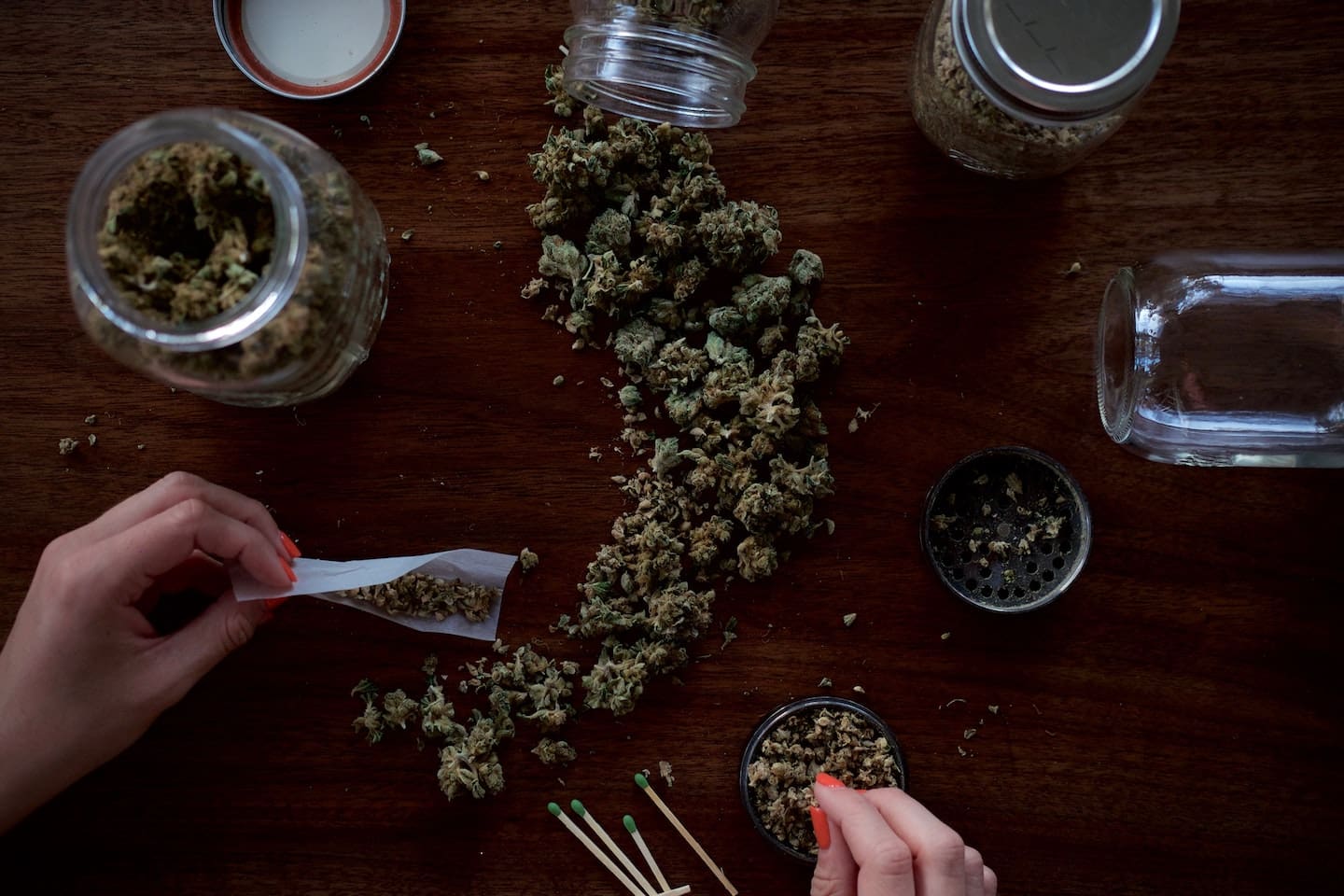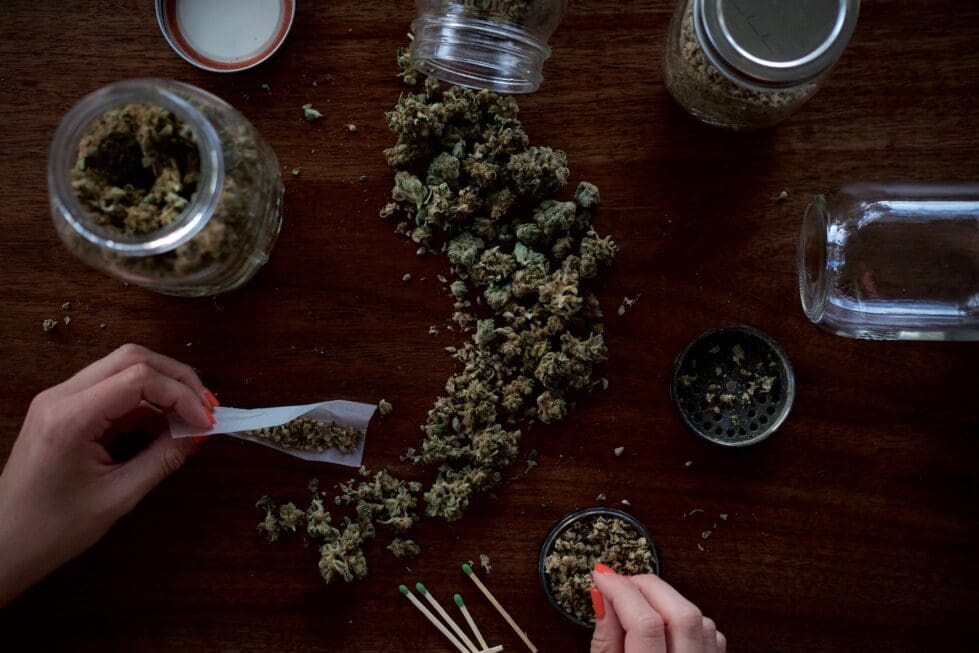

House Bill 2 creates a tax system for legal marijuana in Delaware. The Senate votes next. (Wesley Gibbs photo from Unsplash)
The Delaware House of Representatives on Thursday passed a bill that creates a tax system for legal marijuana in the state.
House Bill 2, which passed 27-13, is a companion bill to House Bill 1, which was passed by the House the other day and would legalize marijuana.
HB2 next goes to the Senate.
Gov. John Carney vetoed a similar bill last year.
Rep. Edward Osienski, D-Newark, is the sponsor for HB 2 and is joined by 30 other senators and representatives, all Democrats. Sen. Nicole Poore, D-Delaware City, is the only new sponsor from the group that sponsored HB 1.
HB 2 would tax marijuana similar to how alcohol is taxed. It would also set up a marijuana commissioner, appointed by the governor and confirmed by the Senate.
Following the money trail on marijuana taxes
The bill also includes social equity licenses, which would provide marijuana licenses at a 40% discount to applicants who either was convicted of a marijuana offense, were married to someone convicted of a marijuana offense or have lived in a disproportionately impacted area for at least five years.
According to the fiscal notes for the bill, it would cost in 2024 $1,913,971 in a one-time cost and $2,201,225 for the general fund.
In 2025, it would cost $1,241,459 for the general fund, $129,000 for an appropriated special fund, and $2,470,510 for a marijuana regulation fund.
In 2026, it would cost $1,282,608 for the general fund, $194,000 for an appropriated special fund, and $2,513,782 for a marijuana regulation fund.
According to the fee impact, it would take a minimum of 13 months after the signing of the bill for various fees that the bill will impose to be collected. Marijuana stores, marijuana testing facilities, marijuana cultivation facilities and marijuana production facilities would all pay $10,000 fees every two years.
The fee impact estimates nothing generated in 2024, a minimum of $925,000 generated in 2025, and assumes no more money from licenses until they are renewed in 2027.
Money from the fees will be placed into a marijuana regulation fund, which will go to the costs of the marijuana commissioner and the Division of Alcohol and Tobacco Enforcement, to cover some costs for the Department of Justice. And 7% of marijuana tax money will be put into a justice reinvestment fund.
The House also approved two amendments to the bill by voice vote, one that makes various technical corrections, and another that makes more corrections put forth by the governor, including preventing marijuana from being consumed while at a marijuana testing facility or retail store.
Share this Post



